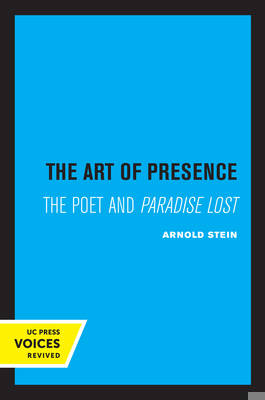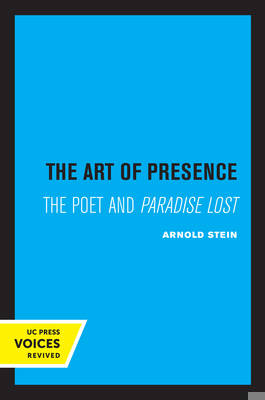
- Retrait gratuit dans votre magasin Club
- 7.000.000 titres dans notre catalogue
- Payer en toute sécurité
- Toujours un magasin près de chez vous
- Retrait gratuit dans votre magasin Club
- 7.000.0000 titres dans notre catalogue
- Payer en toute sécurité
- Toujours un magasin près de chez vous
67,95 €
+ 135 points
Format
Description
Milton's Paradise Lost is a profound exploration of the poet's presence within his work, blending his role as a poet-prophet with the challenges of conveying grandeur and divine themes through poetic mastery. Milton presents himself as a figure of immense dedication, overcoming personal adversities, including blindness, to embody a sense of sublime confidence and humility. His voice, deeply imbued with strength and austerity, resonates through the poem, commanding attention and reflection while balancing personal convictions with the broader truths of art and morality. The narrative voice alternates between anonymity and distinct personality, enriching the poem's texture with moments of vibrant clarity and deliberate mystery, compelling readers to confront both its complexities and Milton's creative force. Critics have long debated the depth of Milton's self-revelation in the poem, with interpretations ranging from seeing him as a detached craftsman to an intensely autobiographical figure. Yet, Milton's ability to merge his identity with the universal themes of his work makes Paradise Lost not only a masterpiece of literary imagination but also a testament to the enduring dialogue between creator, creation, and audience. Through this interplay, Milton transcends simple authorial presence, engaging readers in an ongoing exploration of human and divine narratives, a conversation as relevant today as in its own time. This title is part of UC Press's Voices Revived program, which commemorates University of California Press's mission to seek out and cultivate the brightest minds and give them voice, reach, and impact. Drawing on a backlist dating to 1893, Voices Revived makes high-quality, peer-reviewed scholarship accessible once again using print-on-demand technology. This title was originally published in 1977.
Spécifications
Parties prenantes
- Auteur(s) :
- Editeur:
Contenu
- Nombre de pages :
- 200
- Langue:
- Anglais
Caractéristiques
- EAN:
- 9780520346741
- Date de parution :
- 23-09-22
- Format:
- Livre broché
- Format numérique:
- Trade paperback (VS)
- Dimensions :
- 152 mm x 229 mm
- Poids :
- 303 g

Les avis
Nous publions uniquement les avis qui respectent les conditions requises. Consultez nos conditions pour les avis.






